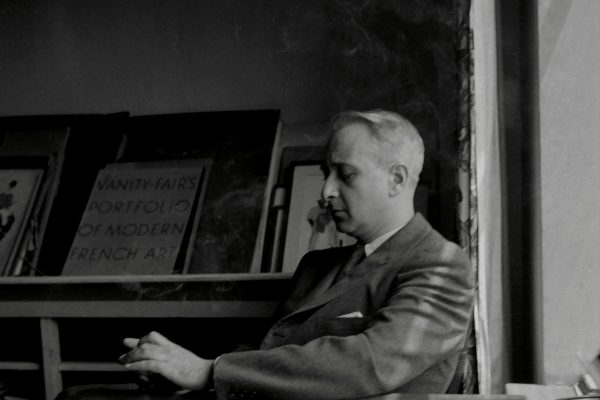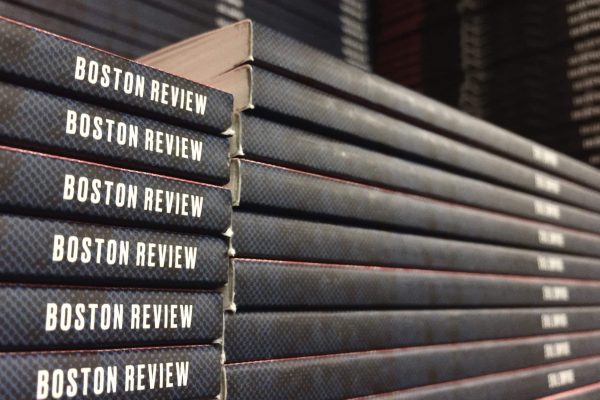In this issue, historian Alfred Young raises a striking question about the founding of this country: Did Americans lose something of great political value when the mass public action that fueled the Revolution was largely replaced by occasional acts of voting for representatives?
This question resonates today on Wall Street as protesters draw attention to rising inequality and money’s influence on politics—problems that have, for decades, resisted solution through electoral politics.
What are the possibilities and promise of democratic participation beyond the ballot box: of politics by other means? That large theme runs through this issue.
Organizers of Occupy Wall Street claim inspiration from the Arab Spring. Mona el-Ghobashy explains why. The Egyptian revolution was not a sudden upsurge by a previously subservient people, but drew on separate traditions of street protest that converged in overthrowing Hosni Mubarak. El-Ghobashy observes the powerful persistence of street protest after the revolution, upending conventional ideas about democratic transitions as the results of elite pacts. If she is right, the ultimate success of the Egyptian revolution will require continued popular organization and mobilization, not just a series of fair and peaceful elections.
El-Ghobashy’s conclusion parallels Young’s interpretation of America’s revolutionary period: mass political action forced elites to accommodate the ideas of ordinary people, particularly ideas about economic justice. Not only did protests shape elite response, but the Patriots sought—unlike the present-day Tea Party—to build what historian Barbara Clark Smith calls a “public power to counteract the coercions of the market.”
Young and el-Ghobashy focus on collective action. What about individuals? Leading off our forum, Dara O’Rourke considers the promise of ethical consumption—the idea that individuals, voting with their wallets, can promote better labor conditions and environmental outcomes globally. O’Rourke points to a large gap between what consumers say and what they do when it comes to buying ethically. What can we do to close the gap? O’Rourke thinks better advice and information will go far in encouraging consumers to act on their announced ethical convictions. The respondents—academics and activists—share O’Rourke’s emphasis on global justice. But they are skeptical about his solution. They raise large issues about the limits of individual action, the importance of public regulation, and alternative ways that personal choices can spearhead broader strategies for lasting change.
Finally, our own Jeanne Mansfield describes what she found at Occupy Wall Street. She reminds us of the potency of direct political action, and its risks.







